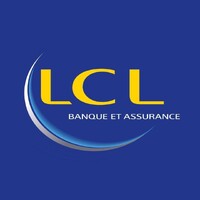
Access Bank Plc
Access Bank Plc is a full service commercial Bank operating through a network of over 600 branches and service outlets located in major centres across Nigeria, Sub Saharan Africa and the United Kingdom. Listed on the Nigerian Stock Exchange in 1998, the Bank serves its various markets through 5 business segments: Institutional, Commercial, Retail Banking, Transaction Services and Financial Markets. The Bank has over 800,000 shareholders including several Nigerian and International Institutional Investors and has enjoyed what is arguably Africa’s most successful banking growth trajectory in the last ten years ranking amongst Africa’s top 15 banks by total assets and capital. As part of its continued growth strategy, Access Bank is focused on mainstreaming sustainable business practices into its operations. The Bank strives to deliver sustainable economic growth that is profitable, environmentally responsible and socially relevant.






